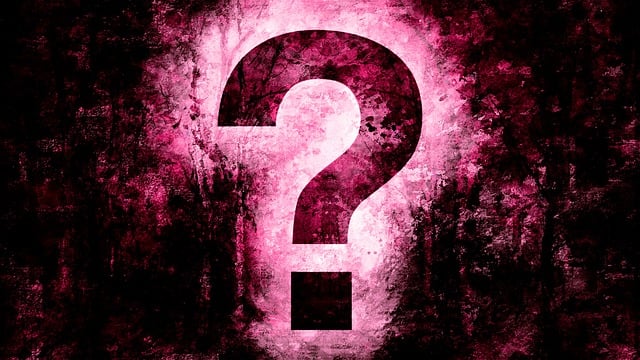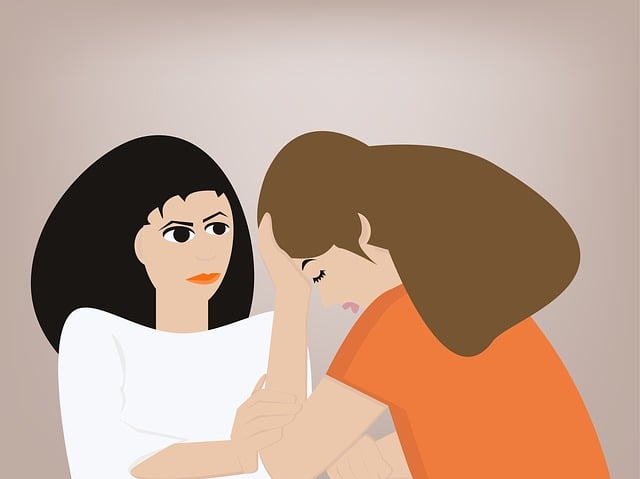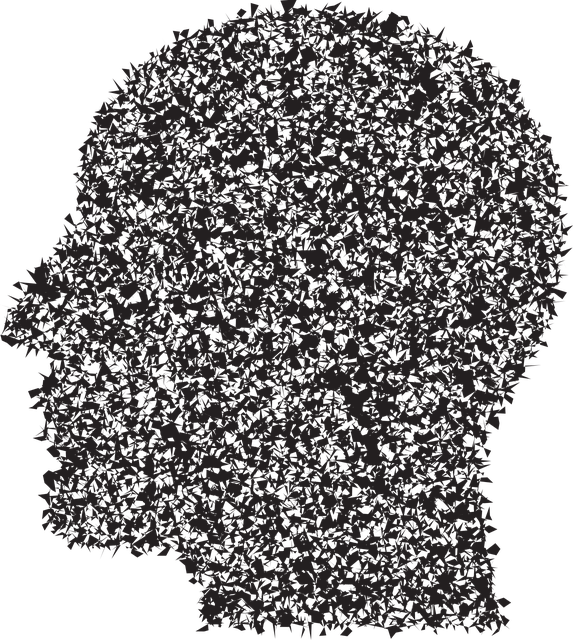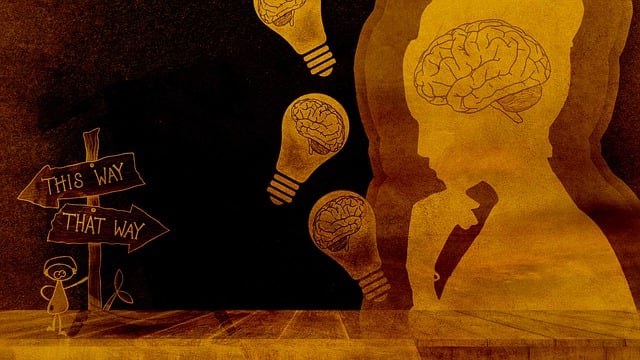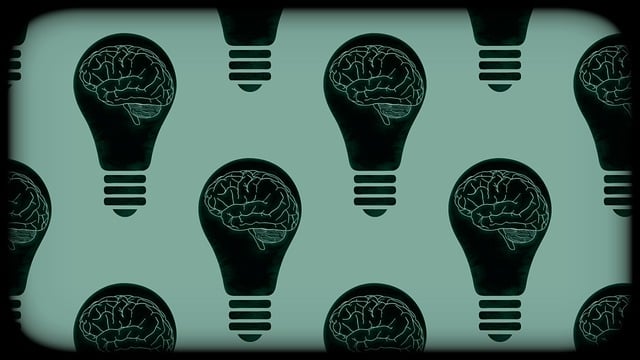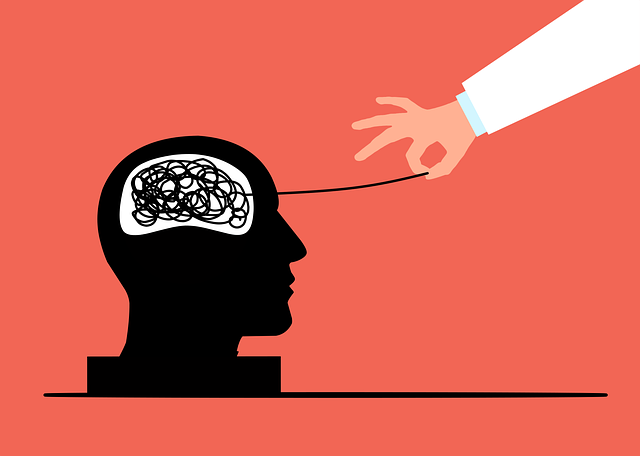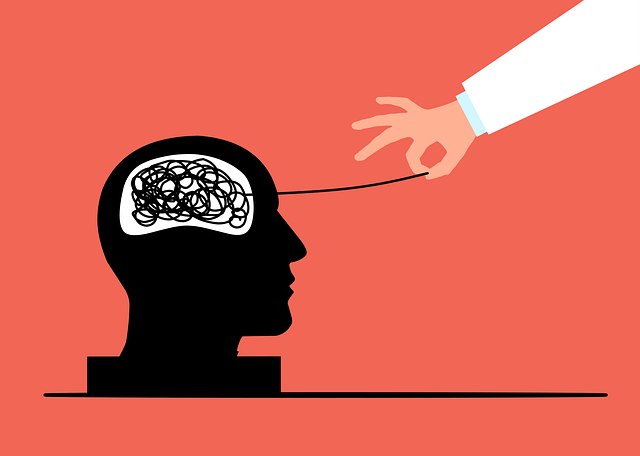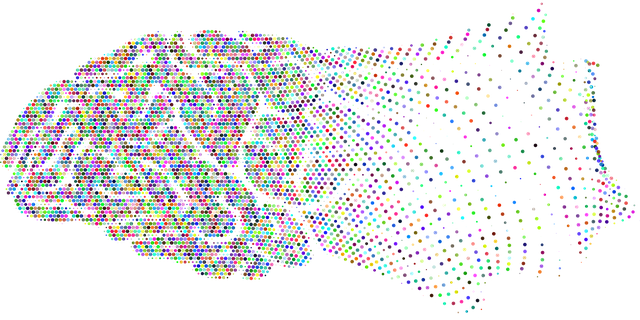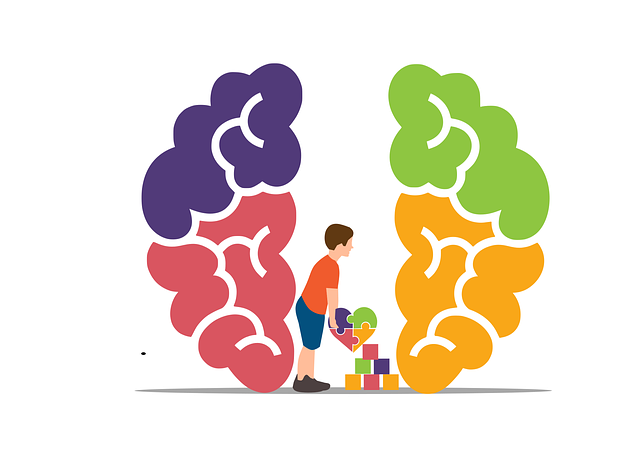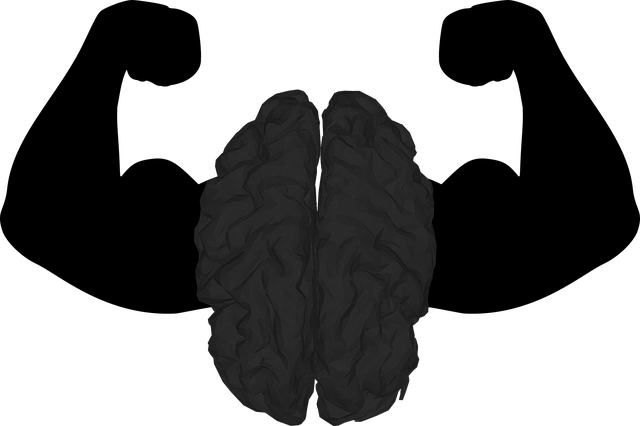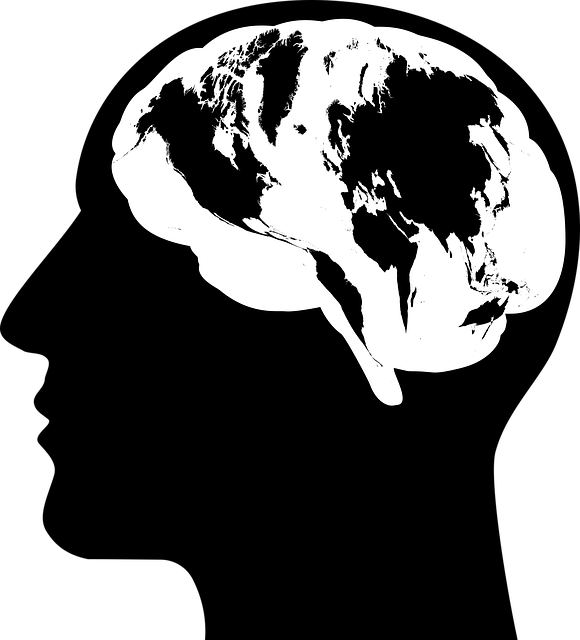Mental Health Crisis hotlines in Louisville provide 24/7 support for emergency situations, offering confidential spaces and trained counselors for diverse needs, including Louisville Obsessive Compulsive Disorder (OCD) therapy. Skilled therapists use evidence-based practices like CBT to manage OCD symptoms. Hotlines connect individuals with resources, ensuring inclusive self-care practices respectful of the city's culture and diversity. Post-crisis support focuses on tailored interventions, mood management, conflict resolution, and risk management planning for long-term mental wellness.
In today’s fast-paced world, mental health crisis hotline support services serve as a vital lifeline for those in distress. Understanding these hotlines and their role in providing immediate assistance is crucial, especially in addressing issues like Louisville Obsessive Compulsive Disorder (OCD). This article explores various aspects of crisis hotline support, including access methods, post-crisis care, and the unique contribution of specialized therapies like Louisville OCD therapy. By delving into these key areas, we aim to emphasize the importance and availability of help during mental health emergencies.
- Understanding Mental Health Crisis Hotlines: A Lifeline for Emergency Support
- The Role of Louisville Obsessive Compulsive Disorder (OCD) Therapy in Crisis Situations
- Accessing Hotline Services: How to Reach Out and Connect with Help
- Beyond the Call: Post-Crisis Support and Long-Term Mental Health Care
Understanding Mental Health Crisis Hotlines: A Lifeline for Emergency Support

Mental Health Crisis hotlines serve as a vital lifeline for individuals facing emergency situations related to their mental well-being. These 24/7 services provide immediate support, offering a safe and confidential space for those in distress. Whether it’s a person grappling with suicidal thoughts, intense anxiety, or a sudden breakdown due to stress, the hotline offers professional guidance, ensuring they receive the necessary help promptly. Trained counselors are equipped to handle various issues, including depression, trauma, and even specific disorders like Obsessive Compulsive Disorder (OCD), providing tailored support for unique challenges.
Louisville, known for its vibrant culture and diverse community, benefits from mental health hotline services that offer cultural sensitivity in healthcare practice. These hotlines cater to individuals from all backgrounds, ensuring self-care practices and self-awareness exercises are inclusive and respectful of diverse needs. By offering immediate crisis intervention, these services play a pivotal role in preventing escalation and promoting positive outcomes for those seeking help during turbulent times.
The Role of Louisville Obsessive Compulsive Disorder (OCD) Therapy in Crisis Situations

Louisville Obsessive Compulsive Disorder (OCD) Therapy plays a pivotal role in supporting individuals facing mental health crises. In moments of intense anxiety or distress, access to skilled therapists specializing in OCD can be life-saving. These professionals are equipped with evidence-based treatments like Cognitive Behavioral Therapy (CBT), which has proven effective in managing OCD symptoms and mitigating crisis situations.
By employing tailored communication strategies and positive thinking exercises, Louisville OCD Therapy helps clients confront their fears and challenge obsessive thoughts. This proactive approach empowers individuals to develop coping mechanisms that foster mental wellness and prevent recurring crises. Through intensive therapy sessions, participants gain insights into their disorder, learn effective management techniques, and build resilience to navigate challenging situations with enhanced emotional stability.
Accessing Hotline Services: How to Reach Out and Connect with Help

Reaching out for help is a crucial step when facing a mental health crisis. Many individuals struggle with knowing where to turn or how to access support services. In Louisville, there are dedicated hotline services designed to provide immediate assistance and connect people with the right resources for their specific needs. These hotlines offer a confidential space to discuss any challenges related to mental wellness, including obsessive-compulsive disorder (OCD) therapy.
To connect with these services, individuals can simply make a local call or even reach out anonymously through text messaging. The trained professionals on the other end are equipped to listen and guide users towards appropriate solutions. Whether it’s for burnout prevention or managing mental health conditions like OCD, these hotlines serve as valuable tools in fostering community support and ensuring quick access to care.
Beyond the Call: Post-Crisis Support and Long-Term Mental Health Care

After an individual reaches out to a mental health crisis hotline and receives immediate support, the journey towards long-term mental well-being begins. Beyond the initial call, post-crisis support plays a pivotal role in ensuring that individuals not only recover but also develop strategies for managing their mental health effectively. This extended care is crucial, especially for those dealing with complex conditions like Louisville Obsessive Compulsive Disorder (OCD).
Long-term mental health care involves tailored interventions, such as therapy sessions focused on OCD symptoms and the integration of conflict resolution techniques to address underlying issues. Mood management is another key aspect, teaching individuals coping mechanisms to regulate their emotions and prevent future crises. Additionally, risk management planning for mental health professionals ensures that those in recovery are equipped with tools to navigate potential triggers and challenges, fostering a sense of resilience and self-care.
Mental health crisis hotlines play a vital role in providing immediate support and guidance during emergencies. As highlighted, Louisville Obsessive Compulsive Disorder (OCD) therapy specialists can offer crucial assistance during such crises. By reaching out to these services, individuals in need can access expert advice, ensuring they receive the necessary care promptly. The article has explored various aspects of hotline support, from understanding their function to post-crisis care. Remember that recognizing and connecting with these resources is a significant step towards managing mental health effectively, ultimately fostering a healthier and more resilient community.
